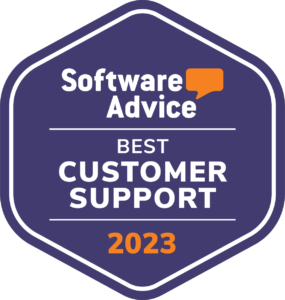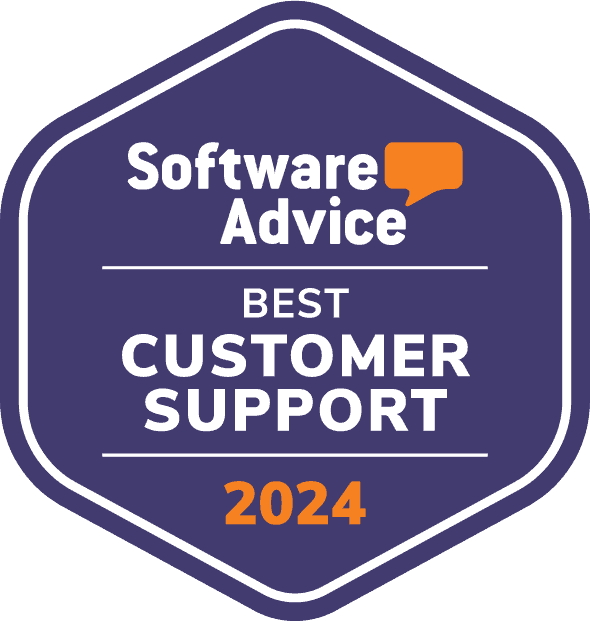What Is an Item Type and How Is It Managed Within ERP Software?

Understanding the various item types within an ERP (Enterprise Resource Planning) system is essential for efficient inventory management. ERP software is designed to handle a wide range of items, each with its own set of characteristics and management needs. From standard products to complex bundles, Kechie ERP can streamline the way you track and manage inventory, ensuring accuracy and efficiency across your operations.
What are the different types of items you need to know about in your business?
1. Standard Items
Standard items are the backbone of most inventory systems. These are individual products that are tracked based on quantity. With ERP software like Kechie ERP, managing standard items becomes a breeze. The system tracks every unit, ensuring accurate stock levels and preventing both overstocking and stockouts.
2. Serialized Items
Serialized items are products that require unique serial numbers for tracking purposes. These are often high-value or regulated items, like electronics or medical devices. With the help of Kechie ERP software, businesses can track each item individually, ensuring compliance with industry regulations and providing detailed records of each item’s history.
3. Lot-Tracked Items
Lot-tracked items are grouped by batch or production run, often with an expiration date. This is particularly important in industries like food and pharmaceuticals, where traceability is crucial. A system like Kechie ERP can efficiently manage lot numbers, making it easier to track product batches throughout the supply chain and recall items if necessary.
4. Perishable Items
Perishable items have a limited shelf life and require careful management to minimize waste. Kechie ERP helps track expiration dates and manage stock rotation to ensure freshness and compliance, especially in industries like food and pharmaceuticals.
5. Service Items
Service items represent services rather than physical goods, such as consulting or repair services. Kechie ERP system can track service hours, manage service contracts, and ensure accurate billing and resource allocation.
6. Digital Items
Digital items include software, licenses, or digital content. A system like Kechie ERP helps manage these items by tracking licenses, usage, and updates, ensuring compliance and efficient distribution.
7. Consumables
Consumables are items that are used up or discarded after use, such as office supplies, packaging materials, or raw materials in manufacturing. Proper management of consumables with Kechie ERP system ensures that you always have the necessary supplies on hand, avoiding production delays or stockouts.
8. Bundles or Kits
Bundles or kits are combinations of individual items sold together as a package. Managing these in Kechie ERP system allows businesses to track each component of the bundle separately while also managing the bundle as a single SKU. This is particularly useful for promotions or product sets.
9. Manufactured Items
Manufactured items are products created from raw materials and components. Kechie ERP software streamlines the production process by managing the bill of materials (BOM), tracking work in progress (WIP), and ensuring that all components are available when needed. This leads to increased efficiency and reduced production costs.
Conclusion
An ERP or inventory management software is an essential tool for managing the diverse range of items or SKUs in your business. Whether you’re dealing with standard products, serialized items, or complex bundles, Kechie ERP can help you maintain control, ensure accuracy, and optimize your operations.
Investing in a robust ERP solution like Kechie ERP can transform how you manage your inventory, leading to greater efficiency and profitability. Start optimizing your inventory today!
Connect with us today, our expert team is here to guide you through the process and help you discover the transformative potential of our solutions.
Stay tuned for our series of insightful blogs—your roadmap to exploring the full potential of ERP.
In this Article
What are the different types of items you need to know about in your business?
-Standard Items
-Serialized Items
-Lot-Tracked Items
-Perishable Items
-Service Items
-Digital Items
-Consumables
-Bundles or Kits
-Manufactured Items


